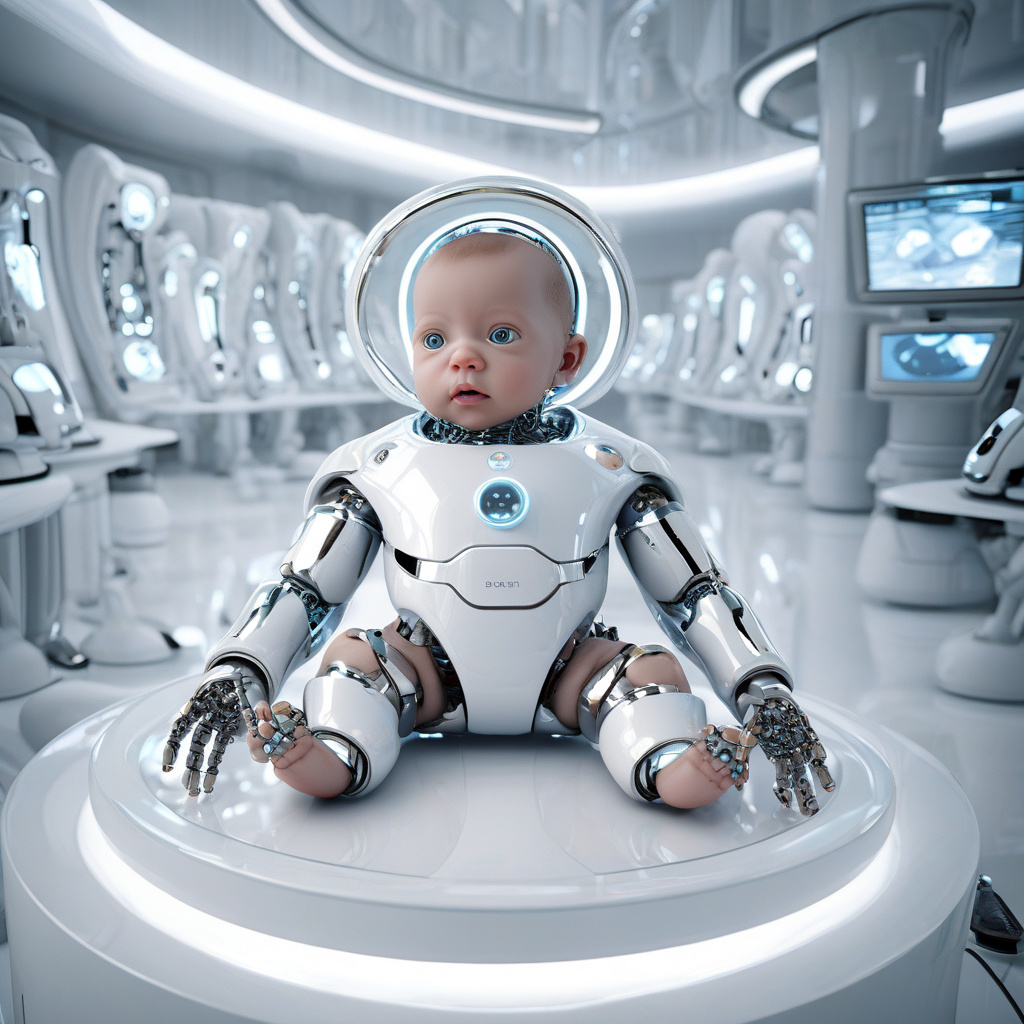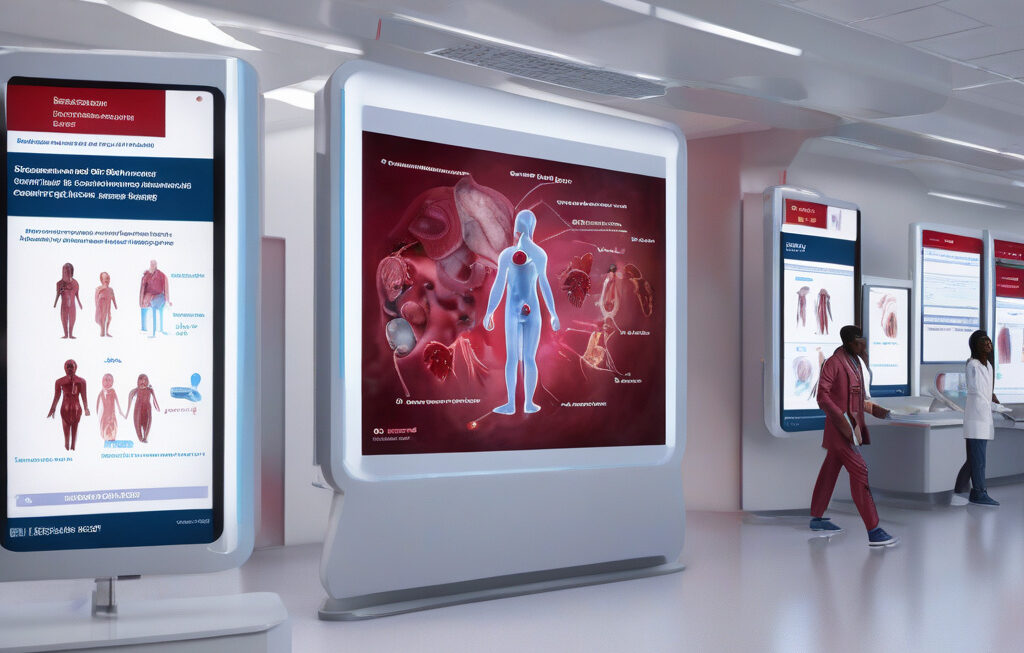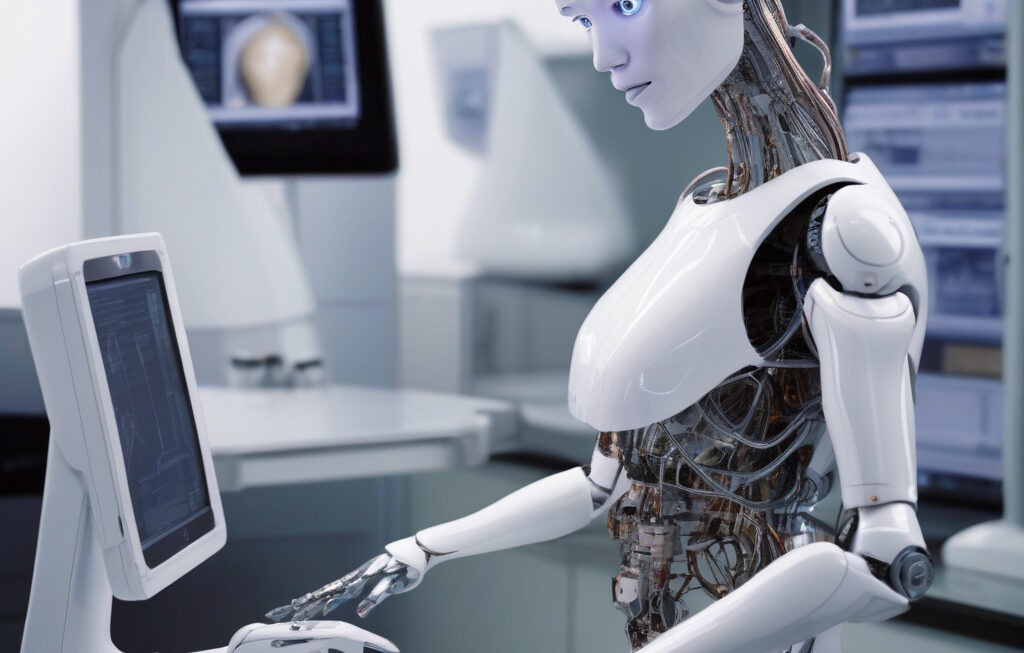BabyBot: Robotic Infant Replicates Feeding Behaviors, Can Lead to Medical Breakthroughs
Researchers have developed BabyBot, a groundbreaking soft robotic infant designed to mimic early feeding behaviors. This innovative creation has the potential to revolutionize the field of pediatrics and pave the way for significant medical breakthroughs.
The BabyBot is equipped with advanced technology that allows it to simulate the natural sucking reflex and swallowing motions of a newborn baby. By closely replicating these essential feeding behaviors, researchers believe that the BabyBot can provide valuable insights into infant health and development.
One of the key benefits of the BabyBot is its ability to accurately mimic the intricate coordination of muscles involved in the feeding process. This level of realism sets it apart from traditional medical simulators and opens up new possibilities for studying conditions such as feeding difficulties, oral motor disorders, and other developmental issues in infants.
Moreover, the BabyBot can be programmed to simulate a wide range of feeding scenarios, allowing researchers to study various aspects of infant feeding behavior in a controlled and repeatable manner. This level of precision is crucial for conducting experiments and collecting data that can lead to a better understanding of pediatric conditions and potential treatment options.
In addition to its research applications, the BabyBot has the potential to be used as a training tool for healthcare professionals working with infants. By providing a realistic simulation of feeding behaviors, the BabyBot can help medical staff improve their skills and knowledge in a safe and controlled environment.
Furthermore, the insights gained from studying feeding behaviors using the BabyBot could lead to the development of new diagnostic tools and treatment strategies for a wide range of pediatric conditions. From improving feeding outcomes in premature infants to addressing oral motor difficulties in newborns, the possibilities for medical breakthroughs are vast.
The development of the BabyBot underscores the importance of merging cutting-edge technology with medical research to address critical healthcare challenges. By harnessing the power of robotics and artificial intelligence, researchers can gain a deeper understanding of infant feeding behaviors and potentially transform the way pediatric care is delivered.
As the field of robotics continues to advance, we can expect to see more innovative applications like the BabyBot emerge, offering new solutions to age-old problems in healthcare. The future looks promising for the intersection of robotics and medicine, with the potential for groundbreaking discoveries that could improve outcomes for infants and children around the world.
In conclusion, the BabyBot represents a significant step forward in the field of pediatric research and medical innovation. By replicating essential feeding behaviors in infants, this robotic infant has the potential to unlock new insights, drive medical breakthroughs, and ultimately improve the quality of care for the youngest and most vulnerable patients.
babybot, robotic infant, feeding behaviors, medical breakthroughs, pediatrics











